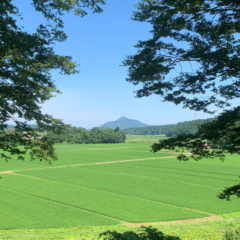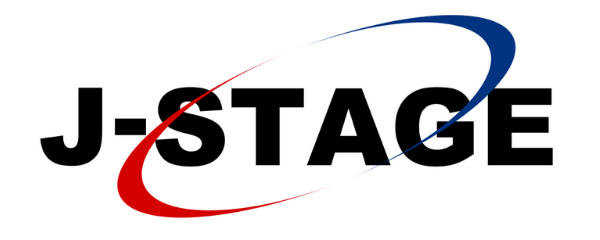![社会課題解決のための開発とイノベーション [FY2022-]](https://jasid.org/wp/wp-content/uploads/2021/11/eye-Solving-Social-Problems-740x440.png)
Activity Report of the Research Group: ”Innovation and Development for Solving Social Problems”
Research Group: ”Innovation and Development for Solving Social Problems” The research group (RG) on Innovation and Development for Solving Social Problems (IDSSP) was launched early 2022 with the objective of tackling common issues observed in the world and sharing solutions and lessons learned in the process of innovative approaches that can be applicable elsewhere. We had several events in 2022. We organized a roundtable session for the 23rd JASID Spring Conference and invited two...
![倫理的食農システムと農村発展 [FY2021-]](https://jasid.org/wp/wp-content/uploads/2021/04/rersearch-groups-eye-5-740x440.png)
![社会課題解決のための開発とイノベーション [FY2022-]](https://jasid.org/wp/wp-content/uploads/2021/11/eye-Solving-Social-Problems-240x240.png)





